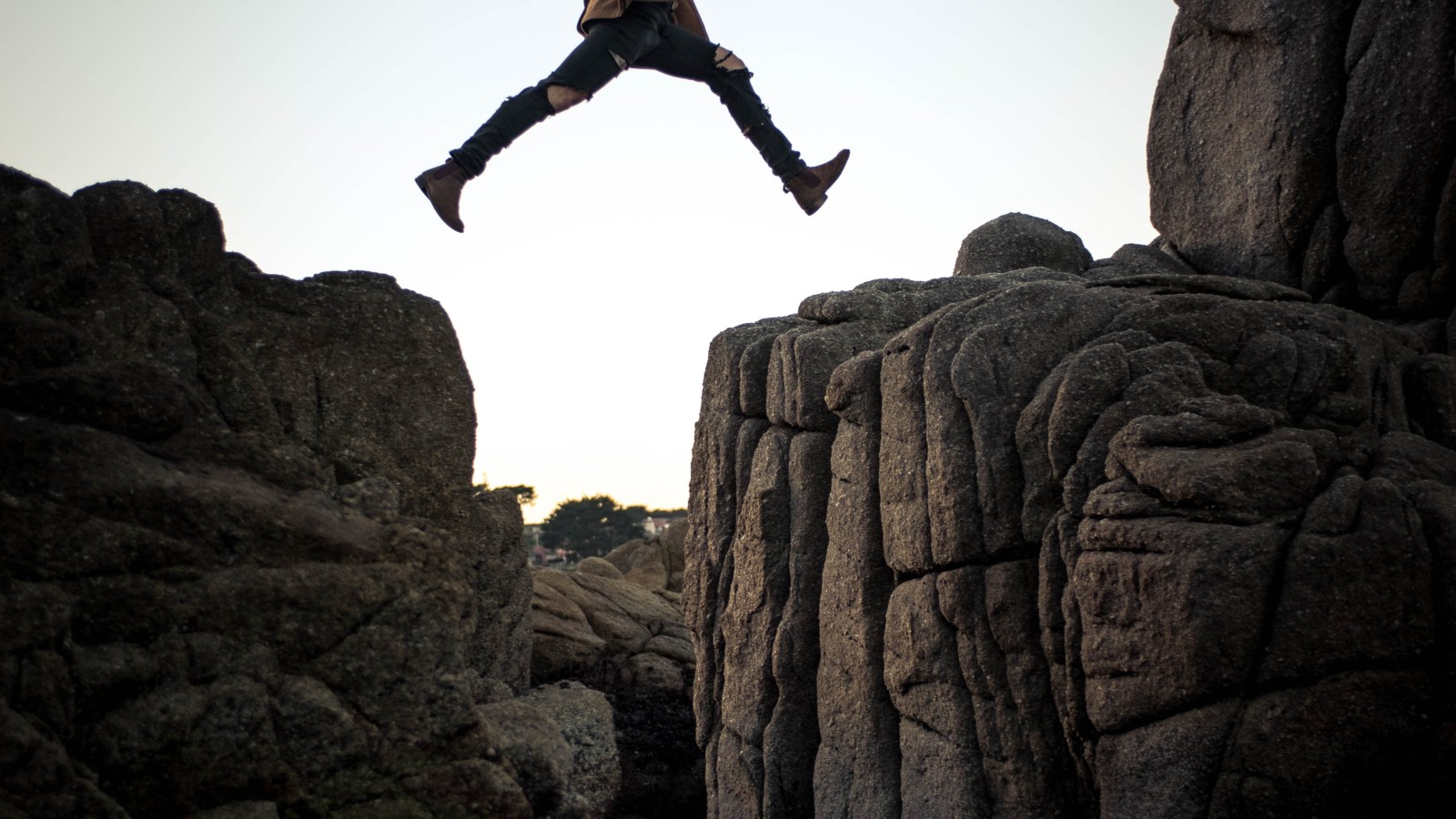Risk is defined in the Merriam-Webster dictionary as “the possibility of loss or injury.” In business we often hear of risk as something that must be “managed” or “handled.” As is the case with many words in this media-driven society (freedom, justice and terrorism, to name a few), the true meaning is recognized by few, and these words have become part of the social psychology as negative terms. That is, terms which have an almost-subliminal negative emotional impact.
The prevailing wisdom is that risk is something which is to be feared or avoided if it can’t be “managed or handled.”
I don’t believe that is the case.
What if risk is merely an instinct?
What if, more than a calculated probability, risk was the sum of a series of choices made with the goal of personal growth and evolution being the end result?
Benefits of “Risk-Taking”
- Any time we take a risk, we can’t lose, we either win or we learn something.
Many people consider change a risk, so they are not willing to explore any new paths or abandon their established territory. No matter what their dreams may be, they prefer to settle into a “safe” zone to ensure that they will have a secure future.
Unexplored territories are excluded, and they opt for the predetermined paths.
In Italian, there is an expression that says, “Chi lascia la strada vecchia per la nuova, sa quel che lascia e non sa quel che trova.” The meaning of this is, when you leave the old path for the new, you know what you leave but you don’t know what you’ll find.
2. In a success-driven culture, the fear of failure is debilitating. However, all the great discoveries that define our reality were proceeded by numerous failures. What if you were willing to use failure as a motivation to reassess your strategies and to evolve your ideas into the realization of your dreams? Why live in the shadows of fear?
If you are not willing to risk, you can never achieve success.
3. The less you are willing to risk, the more you limit your world. When you avoid taking chances you are, in effect, rejecting new possibilities, new ideas and future creations. The more you are willing to explore different opportunities, the more you expand your horizons.
A Risk Taken Today May Be a Good Investment for the Future:
As each individual’s life trajectory is distinct, the risk a person takes can never be standardized.
While to the world, a certain move may seem to be a risk, to the individual it may be the obvious option.
I personally, and professionally, have chosen so many options that seemed absurd to the rest of the world, but each and every one has brought me to the place which allowed me to create a future beyond my wildest dreams.
By being you, you make each choice richer.
Tips on Which Risks to Take
- See yourself five years in the future and ask yourself: “If I do not take this risk now, will I regret it later?” If your answer is “yes,” start to take baby steps towards building a future you truly desire.
- Often, there is something about which you are extremely passionate, which offers no guarantees that would allow you to maintain or upgrade your current standard of living, so you don’t pursue it.
Think deeper. Are there some hidden jewels in those choices that you may not have acknowledged? Perhaps that is the life you were meant to live.
I was always passionate about Roman history, and I chose to move from New York City to Rome despite all the naysayers and it turned out to be the best decision I ever made in my life.
3. What are the options available? How will your life be affected? Write a detailed list of the pros and cons of each choice. Don’t jump to any conclusions. Sleep on it for a day or two. Revisit your analysis, then decide.
At the end of the day, you are the only one who can choose a life that works for you. Reconsider your definition of risk. Are you willing to follow what you know even if the no one agrees?
If you garner one takeaway from this, remember that your uniqueness is a gift to life.


